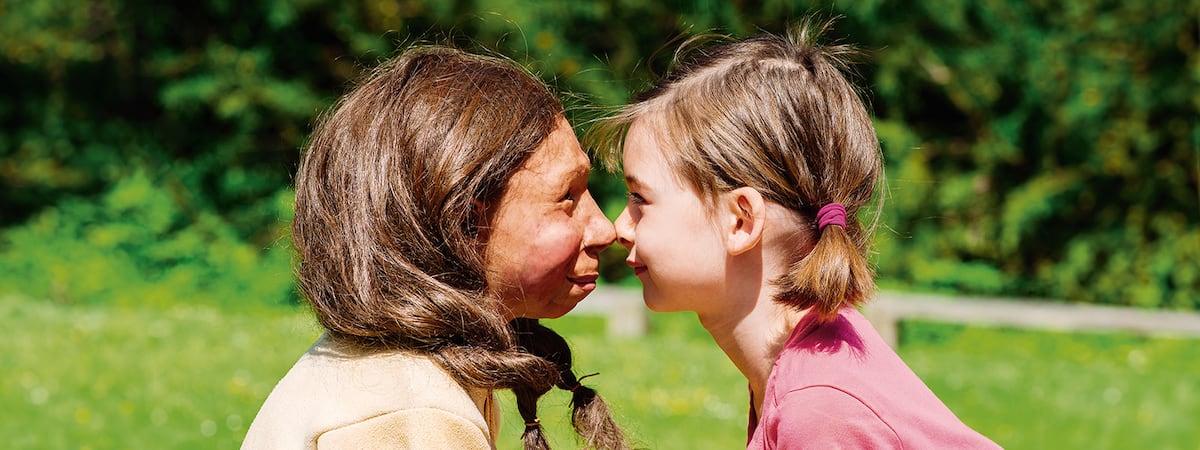
"The findings, published on Wednesday in the journal Evolution and Human Behavior, reveal that, far from being a recent human cultural invention, kissing is an ancient trait deeply rooted in our biology. This is the first time anyone has taken a broad evolutionary lens to examine kissing. Our findings add to a growing body of work highlighting the remarkable diversity of sexual behaviors exhibited by our primate cousins, said Matilda Brindle, lead author of the study and an evolutionary biologist in the Department of Biology at Oxford, in a statement."
"The first challenge was defining exactly what constitutes a kiss, something far more complex than it seems. Many mouth-to-mouth behaviors look like kissing, but they aren't, Brindle pointed out. Since the researchers were exploring kissing in different species, they needed a definition applicable to a wide range of animals. Ultimately, the one they came up with is rather prosaic: Non-aggressive, mouth-to-mouth contact that did not involve food transfer."
Kissing originated about 21 million years ago in the shared ancestors of humans and other great apes. Neanderthals likely engaged in kissing, with estimated probability near 84%. Kissing functions as non-aggressive mouth-to-mouth contact without food transfer and can convey love, desire, affection, or reconciliation. The behavior is common across humans and several animal species despite offering no clear reproductive or survival advantage and carrying disease transmission risks. A cross-species evolutionary reconstruction using the primate family tree indicates that kissing is an ancient biological trait and contributes to understanding primate sexual behavior diversity.
Read at english.elpais.com
Unable to calculate read time
Collection
[
|
...
]